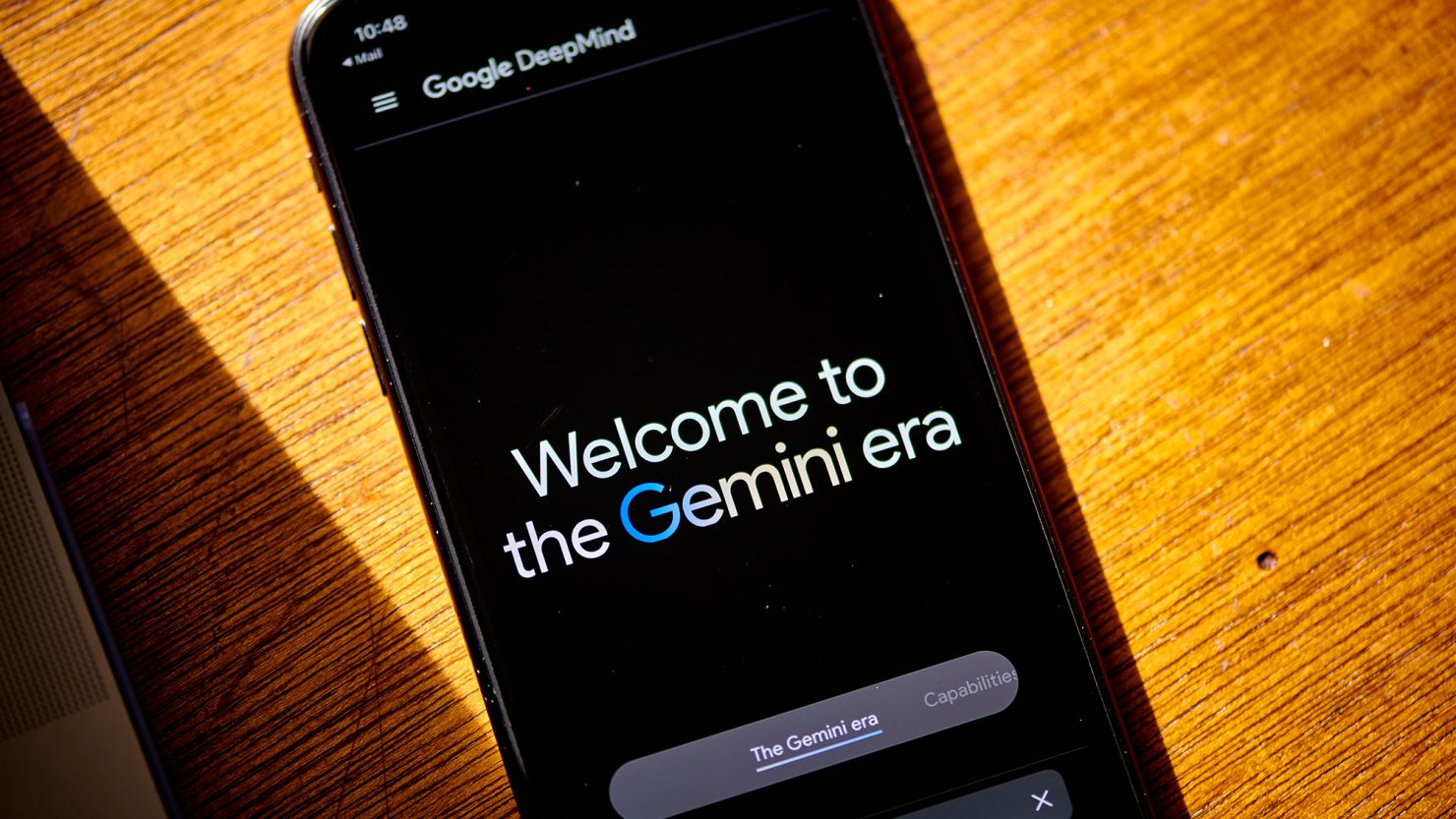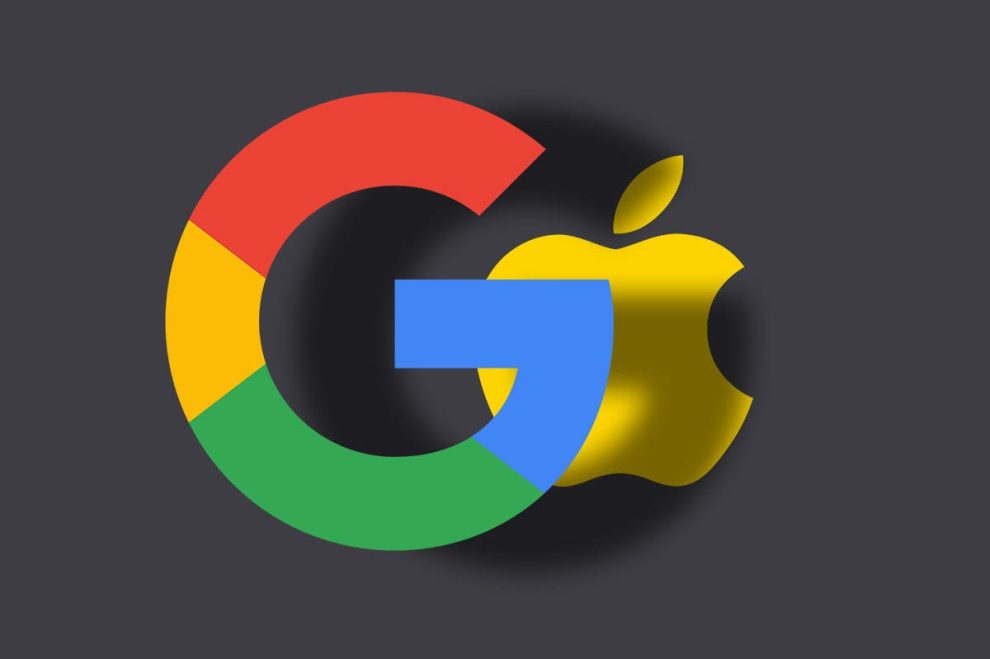The smartphone industry is witnessing a potential seismic shift in the realm of artificial intelligence (AI). Recent reports from Bloomberg suggest that Apple is considering a partnership with Google to bring the powerful Gemini AI model to iPhones. This prospective collaboration has the potential to reshape the user experience on iPhones and reinvigorate the competition in the AI arena.
Apple’s Pursuit of Generative AI
As AI continues to redefine technological interactions, Apple, known for its emphasis on user privacy and proprietary development, faces mounting pressure to stay abreast of rivals such as OpenAI, Microsoft, and Google. In February 2024, Apple’s CEO, Tim Cook, hinted at forthcoming “Gen-AI features,” indicating a significant pivot towards embracing generative AI functionalities.
Yet, internal job postings at Apple suggest that the company’s in-house AI development might lag behind requirements. Consequently, Apple is exploring partnerships with external providers like Google, particularly for generative AI-driven features such as image creation and writing assistance.
The Promise of Google’s Gemini
Google’s Gemini AI model has garnered attention for its expansive capabilities. Functioning as a large language model akin to GPT (Generative Pre-trained Transformer), Gemini specializes in generating creative text formats, language translation, and even image creation. Collaborating with Google would grant Apple access to these advanced functionalities, potentially heralding innovative features for iPhone users.

However, Google’s Gemini journey has faced obstacles. Recent concerns arose when Google temporarily suspended the image generation feature due to historical inaccuracies. Additionally, the model’s responses to election-related queries raised questions about potential bias. Nevertheless, Google’s partnership with Samsung earlier this year successfully integrated Gemini into the Galaxy S24 series, showcasing its potential for seamless user experiences.
The Implications of a Potential Collaboration
The ramifications of an Apple-Google partnership in AI are manifold:
- Enhanced User Experience: Integrating Gemini could enable iPhones to assist users with writing, generate creative content, or provide real-time language translation, elevating the user experience to new heights.
- Privacy Concerns: Apple’s commitment to user privacy must remain steadfast. The integration of a third-party AI model like Gemini raises valid concerns about data privacy and usage, necessitating transparent policies and robust security measures.
- Shift in AI Competition: This collaboration could reshape the landscape of AI competition. With Apple leveraging Google’s expertise, competitors may face heightened pressure to innovate and advance their own AI models to remain competitive.
Looking Forward: Unanswered Questions
Despite the promise of a potential partnership, several questions linger:
- Feature Implementation: It remains unclear which specific features will leverage Gemini’s capabilities. Will it enhance creative writing tools, augment Siri functionalities, or introduce entirely new applications?
- Addressing Privacy: Apple must articulate how user data will be handled when interacting with a third-party AI model like Gemini, ensuring transparency and user trust.
- Long-Term Collaboration: Is this partnership a one-time arrangement, or could it pave the way for deeper collaboration between Apple and Google in the AI domain?
Conclusion: A Pivotal Moment
The prospective integration of Google’s Gemini AI into iPhones marks a pivotal moment in the smartphone industry. It underscores Apple’s evolving emphasis on generative AI and holds the promise of groundbreaking features for iPhone users. Nevertheless, mitigating privacy concerns and fostering responsible AI development will be paramount to the success of this collaboration. As the details unfold, one thing is certain: the race for AI supremacy in smartphones is poised to enter a new phase of innovation and competition.
















Add Comment